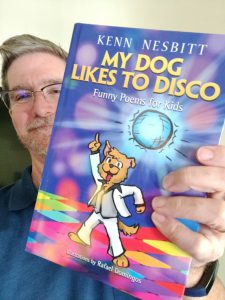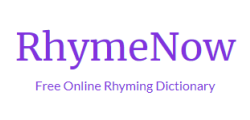
Hi, All! It’s a new year and, hopefully, we are all a little bit wiser, as well as another year older. I began writing poetry for children in 1994, which means that 2023 is my 30th year as a poet. Over these past three decades, I have learned quite a lot about poetry and, more importantly, its effect on kids. I have seen firsthand how poetry turns “reluctant readers” into voracious readers. So, as this new year begins, I thought I would take a moment to share some of the insights I have gained into poetry’s impact on childhood literacy.
Poetry is an important tool for improving childhood literacy for several reasons. First and foremost, poems for children tend to be short, typically just one or two pages, which can make reading a poem seem less daunting for young readers than, say, an entire book. Children who might shy away from a 200-page novel, are often much more interested in reading bite-sized chunks of poetry.
At the same time, though, a good poem typically evokes an emotional response from the reader, despite its brevity. Whether it’s a laugh, a smile, goosebumps, or even tears (I still can’t read Eugene Field‘s poem “Wynken, Blynken, and Nod” without choking up a little), that small feeling encourages kids to turn the page and read another.
All the while, poetry is helping to develop a child’s vocabulary and language skills. Through the use of descriptive language and figurative speech, poetry exposes children to a wide range of words, phrases, and concepts that they may not encounter in everyday conversation. This, in turn, helps to expand their understanding of the English language and improve their overall literacy.
Additionally, poetry can also help to develop a child’s reading comprehension and critical thinking skills. Poetry sometimes requires readers to interpret and analyze the text in order to fully understand its meaning. This can help children to become more attentive and engaged readers, as they must actively think about the words on the page in order to make sense of the poem.
Poetry can also serve as a gateway to other forms of literature. Many children are initially drawn to poetry because of its rhythm and rhyme, which can make it more enjoyable and easier to read than other types of writing. Once a child has developed an interest in poetry, they may be more inclined to explore other forms of literature, such as novels and short stories, which can further improve their literacy skills.
Moreover, poetry can also help to foster a love of language and literature in children. Many children are naturally drawn to the beauty and musicality of poetry, and this can inspire them to develop a lifelong love of reading and writing. This, in turn, can lead to a stronger foundation in literacy and a greater likelihood of academic and professional success in the future.
In short, poetry is an important tool for improving childhood literacy. Through its use of descriptive language, figurative speech, and critical thinking, poetry helps to develop a child’s vocabulary, reading comprehension, and overall love of language and literature. As such, it should be an integral part of any literacy program for young children.
On Poetry4kids, I have tried to make incorporating poetry in the classroom as easy as possible. As of this writing, there are more than 900 poems and nursery rhymes of mine on the site, plus classic children’s poems, writing lessons, activities, videos, and lots more. Feel free to use them in the classroom, as homework assignments, as bedtime reading, or any other way you like. And please tell your kids I said, “Hi!” and that I hope they have fun reading (and writing) poetry






